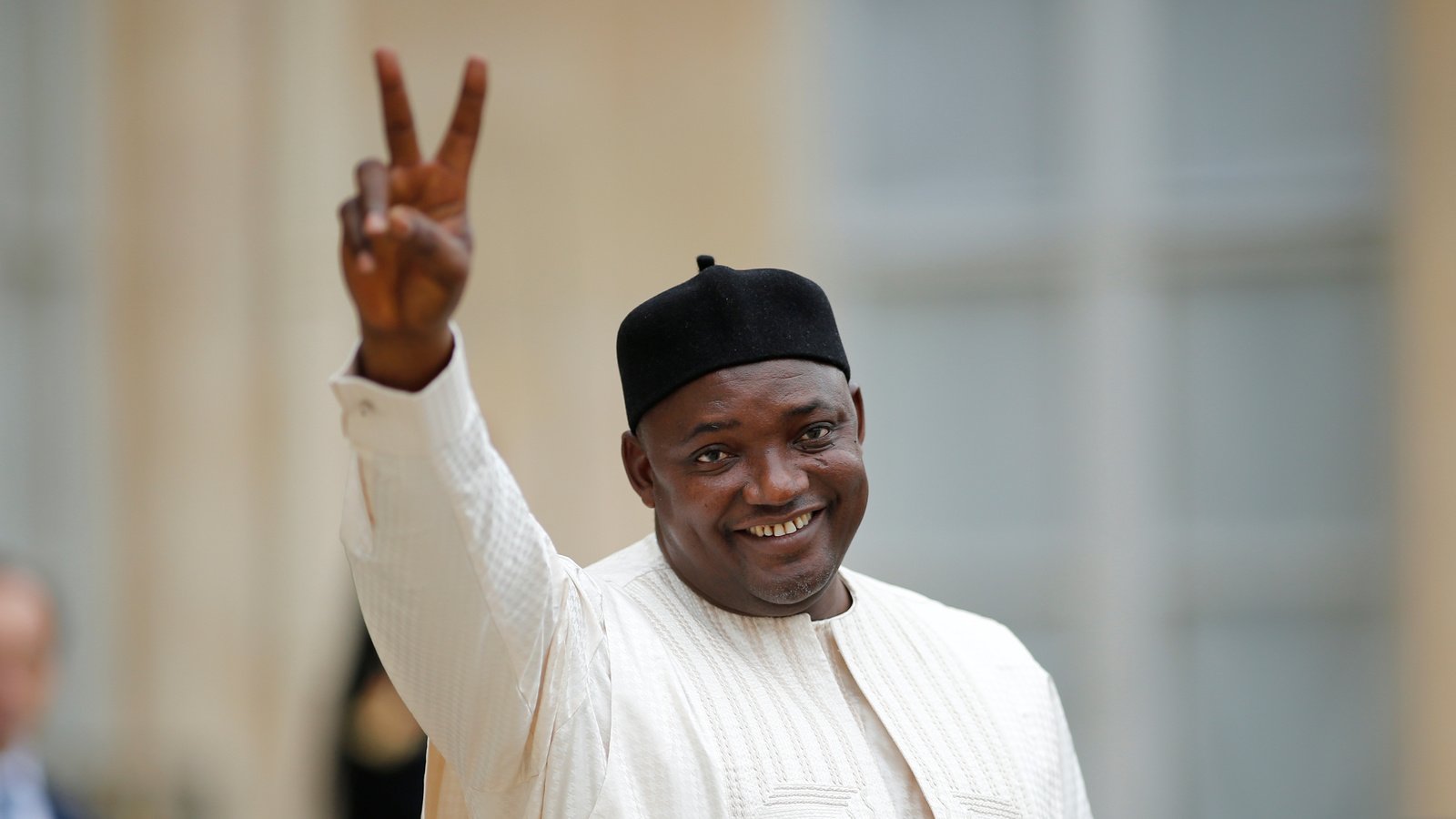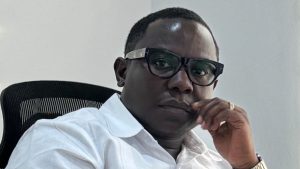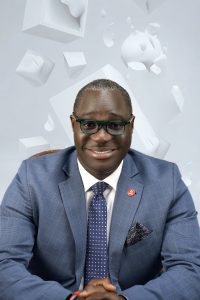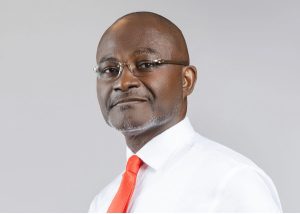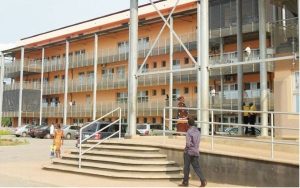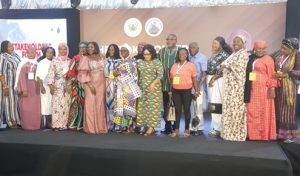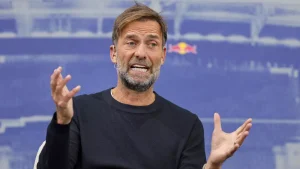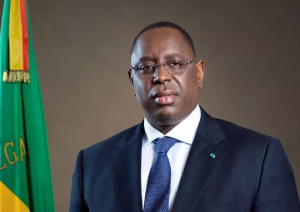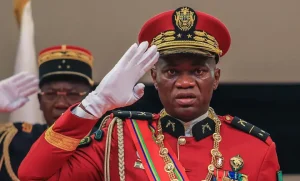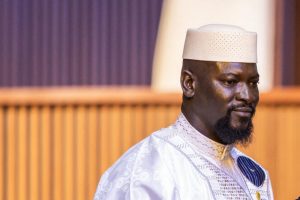Adama Barrow was on Sunday declared the victor of The Gambia’s presidential election by the electoral commission, winning a second term in office in the tiny West African nation.
Commission chairman Alieu Momarr Njai declared Barrow the winner, announcing the final results to journalists hours after rival candidates had challenged partial results that gave him a commanding lead.
Saturday’s election, the first since former dictator Yahya Jammeh fled into exile, is seen as crucial for the young democracy.
Earlier Sunday, Ernest Bai Koroma, head of an election observation mission from the Economic Community of West African States (ECOWAS), appealed to all the candidates “to accept the outcome of the election in good faith.
Before the full results were announced, three of Barrow’s rival candidates had rejected partial results that gave the incumbent president an early lead.
Some of Barrow’s supporters, however, were already beginning to celebrate victory in the streets of the capital Banjul.
It was Barrow who defeated Jammeh five years ago. This election is being closely watched as a test of the democratic transition in The Gambia, where Jammeh ruled for 22 years after seizing power in a bloodless coup in 1994.
Jammeh was forced into exile in Equatorial Guinea in January 2017 after Barrow, then a relative unknown defeated him at the ballot box.
Barrow, 56, faced five challengers in his re-election bid, and the vote count was slow in part because of the country’s unusual voting system.
Illiteracy is widespread in The Gambia, so voters cast their ballot by dropping a marble into a tub marked with their candidate’s colour and photo — a practice dating back to the country’s past as a British colony.
Many of the roughly one million eligible voters in the nation of more than two million people are hoping for an improvement in their living standards.
The Gambia, a sliver of land about 480 kilometres (300 miles) long surrounded by Senegal, is one of the poorest countries in the world.
The tourism-dependent economy was dealt a severe blow by the Covid-19 pandemic.
Barrow ran on a continuity ticket, pointing to infrastructure projects completed under his watch, as well as increased civil liberties.
His main rival Darboe is a political veteran, a lawyer who has represented opponents of Jammeh, and who ran for president against the former dictator several times.
Jammeh lost to Barrow in the 2016 election but had to be removed by military intervention from other west African states. Incumbent Adama Barrow himself has already gone back on a promise to remain in power for only three years and has weakened rhetoric about prosecutions for crimes committed under Jammeh.
In September, Barrow’s NPP party announced a pact with Jammeh’s APRC — a controversial move that was viewed as an electoral ploy.
Jammeh said the decision had been taken without his knowledge, and his supporters formed a rival party. But rights groups fear the pact will diminish the chances of a trial.
The former dictator retains significant political support in The Gambia and has sought to influence the vote, remotely addressing rallies of supporters during the campaign period.
A truth commission Barrow set up to probe alleged abuses under Jammeh’s rule heard testimony from hundreds of witnesses about state-sanctioned death squads, witch hunts and forcing bogus cures on AIDS patients. The commission recommended in November the government pursue criminal charges, in a final report delivered to Barrow but not released to the public.
By:Isaac Clottey

